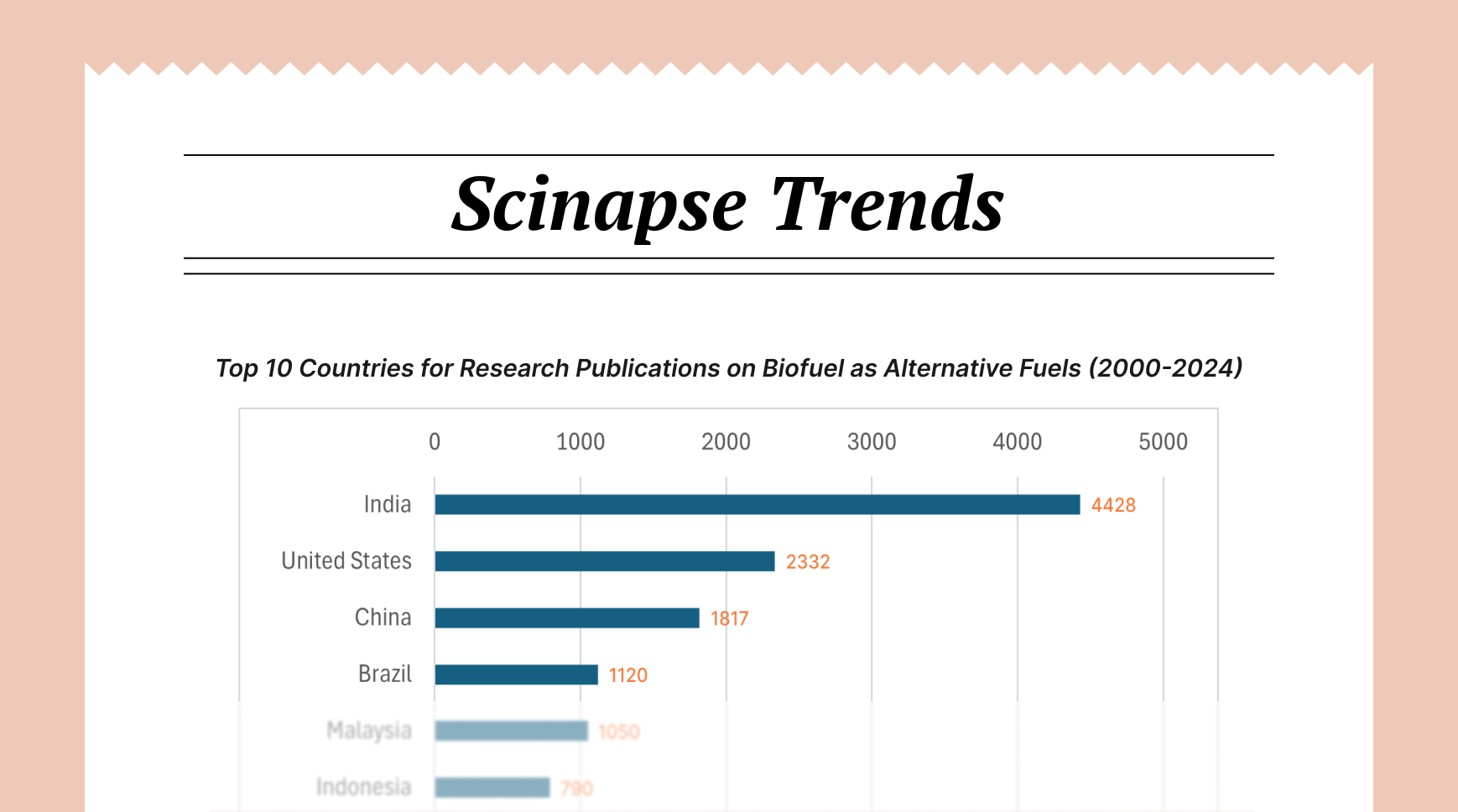The Growing Role of AI in Research: 4 Strategies for Embracing AI Responsibly

Scientific inquiry has undergone a major transition in recent years, owing to the incorporation of artificial intelligence (AI) into research methods. This change signifies a fundamental reframing of how information is obtained, processed, and used across a wide range of fields of study, rather than just incremental advances in tools and processes. As AI technologies grow and permeate all fields of research, it is critical for researchers not only to acknowledge but actively embrace the power of AI in their work.
Advantages of AI in Research
The integration of AI in research methodologies offers a multitude of advantages that are reshaping the scientific landscape. Perhaps the most major benefit of AI is its improved data processing skills. In the age of big data, when the volume, velocity, and variety of information created by scientific instruments and experiments overwhelm traditional analytical approaches, AI provides a means to extract valuable insights from these massive datasets. Pattern identification and anomaly detection are two areas where machine learning algorithms thrive, frequently discovering subtle links or outliers that humans may miss.
AI also accelerates the process of research hypothesis generation and testing. By rapidly analyzing enormous amounts of scientific literature and experimental data, AI systems can propose innovative hypotheses or study avenues that researchers may not have considered. This skill not only accelerates the scientific process, but it also has the potential to reveal unanticipated links between seemingly disparate events.
Another significant advantage is increased reproducibility and standardization of research. AI algorithms, when properly documented and shared, may assure consistency in data processing across multiple research and laboratories. This addresses one of the most pressing issues in contemporary science – the reproducibility crisis – by providing a standardized, objective approach to data interpretation.
Furthermore, AI also facilitates interdisciplinary collaboration by providing a common analytical framework that can bridge diverse fields of study.
Practically speaking, integrating AI can result in significant cost reductions and resource optimization. Automated systems can execute experiments 24/7, seven days a week, cutting labor expenses and increasing throughput. AI-driven predictive models can assist researchers in prioritizing the most promising studies, eliminating waste and making the best use of frequently limited research budgets.

4 Strategies for Embracing AI in Research
For the scientific community to fully capitalize on the potential of AI, several strategies need to be implemented at institutional and individual levels.
1- Institutional Policies and Infrastructure:
- Develop policies that support the integration of AI in research.
- Invest in computational resources, data storage, research management systems, and AI-ready lab equipment.
- Create interdisciplinary teams combining domain experts and AI specialists.
2- Education and Training Programs:
- Provide AI and data science training for researchers at all career stages.
- Promote critical thinking regarding the use and limitations of AI in research.
3- Ethical Frameworks and Guidelines:
- Develop ethical guidelines addressing data privacy, algorithmic bias, and responsible AI use.
- Ensure frameworks are adaptable to evolving AI technologies while maintaining ethical rigor.
4- Funding and Public-Private Partnerships:
- Prioritize AI-integrated research projects through government and agency funding.
- Foster partnerships with industry for access to advanced AI technologies and real-world data.
Next Step…
The integration of AI into research constitutes a transformational force in modern science. While there are obstacles and ethical considerations, the potential benefits, which range from enhanced data analysis capabilities to accelerated discovery and reproducibility, are too significant to ignore.
In this new era of AI-augmented research, the most successful researchers will be those who can seamlessly blend human intuition with AI, pushing the boundaries of what's possible in scientific discovery and innovation. The future of research is here!
written by Uttkarsha B
Never re-search again.
Scinapse is made by researchers for researchers.
Join the next generation of research at ⏯️ https://scinapse.io/
Pluto Labs
Pluto Labs helps researchers focus on their research by improving several inefficiencies in the academic research process. We offer data-driven insights from academic papers, allowing users to easily obtain review-level results for their desired range of papers.
https://pluto.im/





Comments ()